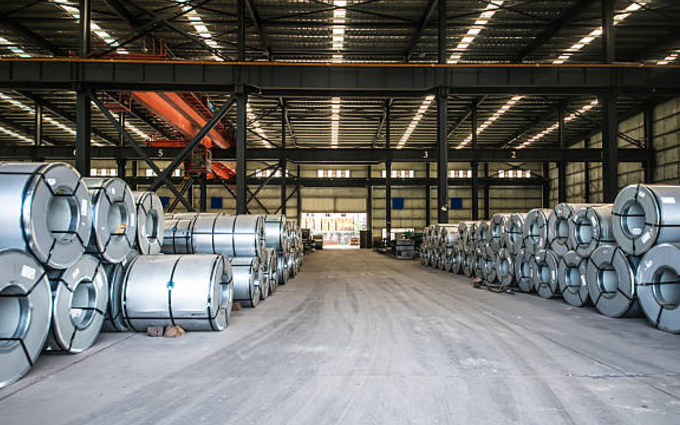
Posted on Friday, August 30, 2024
Steel coil plays a crucial role in Australia's thriving manufacturing and construction industries. From building materials to automotive components, the demand for high-quality steel is ever-growing. For businesses aiming to import steel coil into Australia, understanding the nuances of cost, tariffs, delivery logistics, and quality considerations is essential. This guide provides a comprehensive overview to help streamline the importing process, minimize costs, and ensure compliance with Australian regulations.
Importing steel coil involves several cost components:
Understanding these components helps in budgeting effectively and negotiating better terms with suppliers and logistics providers.
Import tariffs and taxes are critical considerations when bringing steel coil into Australia:
Efficient logistics management is vital for timely and cost-effective imports:
When importing steel coil, quality assurance is paramount:
Importing steel coil can present several challenges:
Q: What are the standard tariffs for steel coil in Australia? A: Tariffs vary based on the country of origin and whether a Free Trade Agreement (FTA) applies. For instance, imports from China under the China-Australia FTA may attract lower or zero tariffs.
Q: How can I ensure the steel coil meets Australian standards? A: Request documentation from your supplier, such as test certificates and compliance with AS/NZS standards. Third-party inspections can also ensure quality.
Q: What is the most cost-effective way to ship steel coil to Australia? A: For bulk orders, sea freight is the most economical option. Ensure full container loads (FCL) are used to reduce per-unit shipping costs.
Q: Are there restrictions on importing specific types of steel coil? A: Some steel products may be subject to anti-dumping duties or quotas. Check with Australian Border Force (ABF) for current restrictions.
Importing steel coil into Australia can be a seamless process with proper planning and attention to detail. Understanding the costs, tariffs, logistics, and quality considerations will help you make informed decisions and avoid potential pitfalls. For expert advice, consider consulting customs brokers or industry specialists to ensure your imports align with Australian regulations.
By following this guide, you’ll be well-equipped to navigate the complexities of steel coil imports and support your business’s growth in Australia’s competitive market.

Used Purlin Roll Forming Machines for Sale Worldwide
Posted on Sunday, January 25, 2026
Pre-Owned Roll Forming Machines for Purlin & Structural Steel Profiles

Used Roof Panel Roll Forming Machines for Sale Worldwide
Posted on Sunday, January 25, 2026
Pre-Owned Roll Forming Machines for Roofing Panel Production

Used Roll Forming Machines for Sale Worldwide
Posted on Tuesday, January 20, 2026
Pre-Owned Roll Forming Machines with Inspection, Verification & Global Support

Steel Coil Supply for Roll Forming Machines Worldwide
Posted on Tuesday, January 20, 2026
Reliable Steel Coil Supply for Roll Forming, Fabrication & Manufacturing Applications
Copyright 2026 © Machine Matcher.